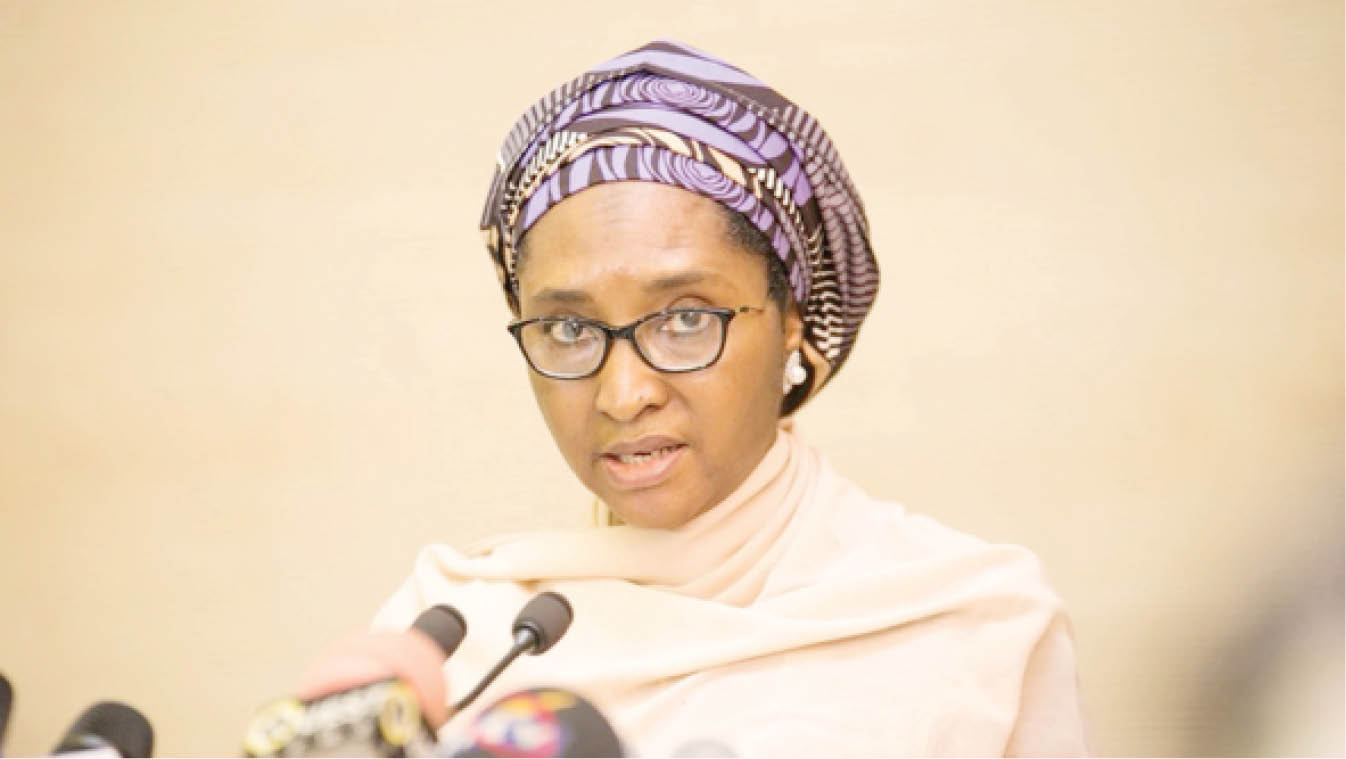The Minister of Finance, Budget and National Planning, Mrs Zainab Ahmed, penultimate week lamented Nigeria’s low utilisation of donor funds meant to deliver planned projects for sustained growth and national development.
Mrs Ahmed struck at the heart of the matter, while speaking in Lagos at a retreat for members of the National Assembly organised by her ministry on Process Optimisation in Donor-financed Projects in Nigeria.
She said, “When borrowed funds fail to be properly utilised, and to deliver on planned development objectives, growth is impaired and economic development is distorted.”
Nigeria, she regretted, ranks low compared to other nations of the world in terms of the level of implementation of World Bank funded projects.
Apart from the World Bank and the African Development Bank (AfDB), other donor funds come from United Nations (UN) including the Food and Agriculture Organisation (FAO), International Fund for Agricultural Development (IFAD), International Labour Organisation (ILO), International Organisation for Migration (IOM), Joint United Nations Programme on HIV/AIDS (UNAIDS), United Nations Development Fund (UNDP) and United Nations Educational, Scientific and Cultural Organisation (UNESCO).
Specifically, these funds are from the European Development Fund (EDF), United Nations Development Systems (UNDS), China, through the Bilateral Agreement signed since1972, Japan International Cooperation Agency (JICA), Korean International Cooperation Agency (KOICA), the United Kingdom Department for International Development (DFID), United States Agency for lnternational Development (USAID) and the German International Cooperation (GIZ).
Many of the interventions come through the federal ministries of Agriculture and Rural Development, Education, Health Water Resources, Environment and their agencies.
In October 2020, Mr Clement Agba, Minister of State for Budget and National Planning, said Nigeria received $26.94 billion, an equivalent of N11.205 trillion as Development Assistance funds from international donors between 2015 and 2020. This data indicates that each year, Nigeria got N1.868 trillion as donor fund.
These funds are received as projects/programmes support as Nigeria does not currently qualify for budget support because it is not classified as very poor, but as a lower middle-income country.
The implication is that donors do not give the funds directly for Nigeria to manage. Rather, the donors work with sectoral stakeholders to fund the projects directly after identifying the needs by the MDAs/states in line with the Paris Declaration on Aid Effectiveness.
The interventions are done directly in collaboration with the relevant Ministries, Departments and Agencies (MDAS) as well as states and local government areas through their implementing agencies.
The reasons for the low utilisation of the funds could be found in the submission of Senator Kabiru Idris (APC-Kano) that the Senate Committee is in receipt of several petitions alleging misappropriation, misuse, and diversion of donor funds, especially the falsification of performance reports for the purpose of obtaining more funds from donor agencies/organisations.
It is indeed unfortunate that funds brought into the country to develop certain sectors are not used for that purpose. It is a sign that there are some people somewhere who are hell-bent on ensuring that instead of progress, this country continues to retrogress. It is bad enough that as a country, Nigeria does not have funds to handle certain projects and worse still that when some other countries assist it, even that is pilfered. This is a direct indictment on Nigeria’s Ministries, Departments and Agencies (MDAs) both at the federal and state levels, and we call for investigation so that all those behind it will be identified and prosecuted.
The report is discomfiting because these donor funds are tied to projects and the fact that the funds are not utilised as should be means that the MDAs have failed in their primary responsibilities.
The situation is further compounded by the fact that these funds do not appear in the normal budget appropriation and do not go through the normal checks and balances. Findings indicate that most of these funds go into workshops, travelling expenses and procurement of “project” vehicles.
Because these funds are opaque to the budging process, the situation leaves room for corrupt civil servants to manipulate, which is why we call for strong mechanisms for monitoring the donor funds. There must be transparency and accountability in the way the funds are received and utilised.
The funds must be used judiciously and strictly for the purpose for which they are meant. The Federal Ministry of Finance, Budget and National Planning should enhance not only the implementation of these donor-funded programmes and projects, but also carry out monitoring and evaluation.
We call on the government to set up a committee made up of representatives from the agencies, media and non-governmental agencies to monitor these funds. The agencies should be made to make available how much they receive either quarterly or yearly, how much is spent and how much is left to ensure proper accountability.
In addition, the submission of the recently constituted Ministerial Task force on Disbursement in Donor-Funded Projects in Nigeria should be accelerated to chart a new direction that would significantly increase disbursement levels in donor-financed projects across the country.

 Join Daily Trust WhatsApp Community For Quick Access To News and Happenings Around You.
Join Daily Trust WhatsApp Community For Quick Access To News and Happenings Around You.


